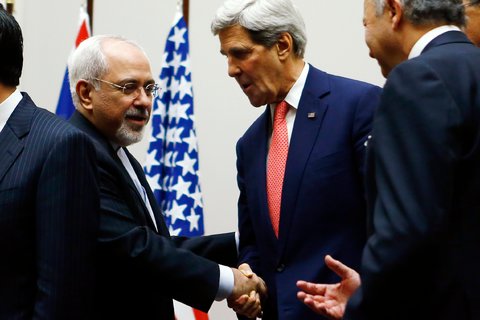 NPR reports: “Income Inequality Is The ‘Challenge Of Our Time,’ Obama Says.”
NPR reports: “Income Inequality Is The ‘Challenge Of Our Time,’ Obama Says.”
LORI WALLACH, via Joseph Williams, jwilliams@citizen.org, @pcgtw
Wallach is director of Public Citizen’s Global Trade Watch. The group recently posted the pieces “Study: ‘Trade’ Deal Would Mean a Pay Cut for 90 Percent of U.S. Workers” and “A Fast Track to Greater Inequality?” which states: “While Obama denounces inequality, the Obama administration is rushing to conclude talks on the Trans-Pacific Partnership (TPP), a sweeping commercial pact with 11 Pacific Rim countries that implicates everything from the cost of our medicines to the safety of our food. The TPP also threatens to further widen the gap between rich and poor, as emphasized by economist Nancy Folbre in a New York Times piece … by perpetuating the inequality-spurring history of unfair trade deals spelled out below.” There’s a congressional teleconference on TPP this morning.
Protests and other actions by fast food workers are expected in 100 cities in the U.S. today.
ARUN GUPTA, arun.indypendent@gmail.com, @arunindy
Co-founder of the Occupied Wall Street Journal and the Indypendent, Gupta wrote the piece “Fight For 15 Confidential” for In These Times and, for the Guardian, “The Story Behind America’s Fast Food Worker Uprising” which states: “The top ten employers in fast food alone account for 2.3 million U.S. jobs. Add in discount retailers, drug stores, clerking and material moving, and the number of workers in poverty-wage jobs soars to the tens of millions. The growth of part-time low-wage jobs has become a battering ram against the last citadels of unionism in heavy industry and the public sector, crushing wages, benefits, and workplace rights. That’s led organized labor to make a stand with organizing drives such as OUR Walmart, Domestic Workers United, Warehouse Workers for Justice and the fast-food worker campaign commonly known as ‘Fight for 15.’ …
Gupta said today: “Led by the 2.1 million-member Service Employees International Union, Fight for 15 is pushing for $15-an-hour pay and the right to unionize free of management retaliation. Workers in the campaign enthusiastically support these goals, but many question if SEIU’s legal and media-focused strategy will achieve those goals, and say the campaign should organize a low-wage workers movement at the shop and city level.”
 On Tuesday, U.S. bankruptcy judge Steven Rhodes certified that Detroit was “officially bankrupt,” with the AP reporting: “
On Tuesday, U.S. bankruptcy judge Steven Rhodes certified that Detroit was “officially bankrupt,” with the AP reporting: “ JO COMERFORD, via Derrick Crowe, dcrowe at nationalpriorities.org,
JO COMERFORD, via Derrick Crowe, dcrowe at nationalpriorities.org,  LAURA GOTTESDIENER, lauragottesdiener at gmail.com,
LAURA GOTTESDIENER, lauragottesdiener at gmail.com,  MUHAMMAD SAHIMI, moe at usc.edu
MUHAMMAD SAHIMI, moe at usc.edu MARK WEISBROT, beeton at cepr.net
MARK WEISBROT, beeton at cepr.net
 WILLIAM O. BEEMAN, Skype: wbeeman, wbeeman at umn.edu
WILLIAM O. BEEMAN, Skype: wbeeman, wbeeman at umn.edu AP reports: “Iran’s Foreign Minister blamed Israel for the attacks. Hezbollah and Syrian officials indirectly blamed Saudi Arabia, the Sunni Arab kingdom that along with fellow Gulf nation Qatar has been a major backer of Syria’s rebels.
AP reports: “Iran’s Foreign Minister blamed Israel for the attacks. Hezbollah and Syrian officials indirectly blamed Saudi Arabia, the Sunni Arab kingdom that along with fellow Gulf nation Qatar has been a major backer of Syria’s rebels.